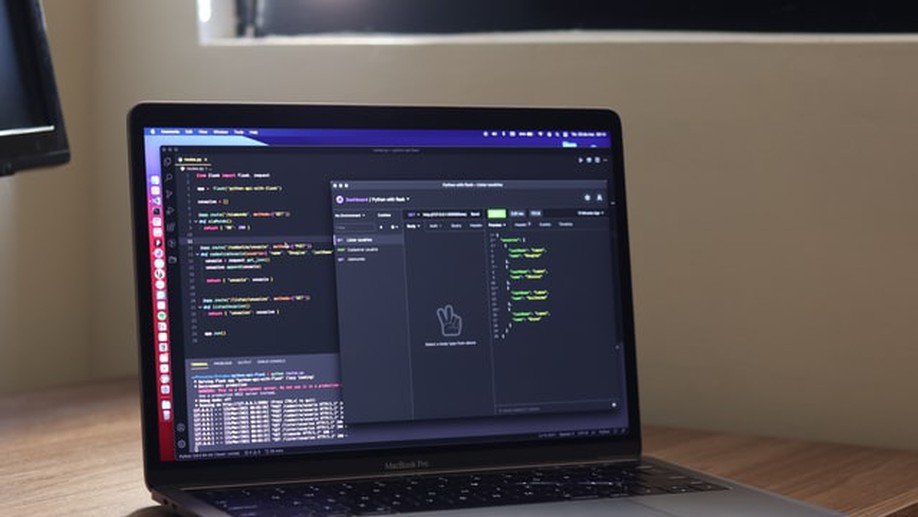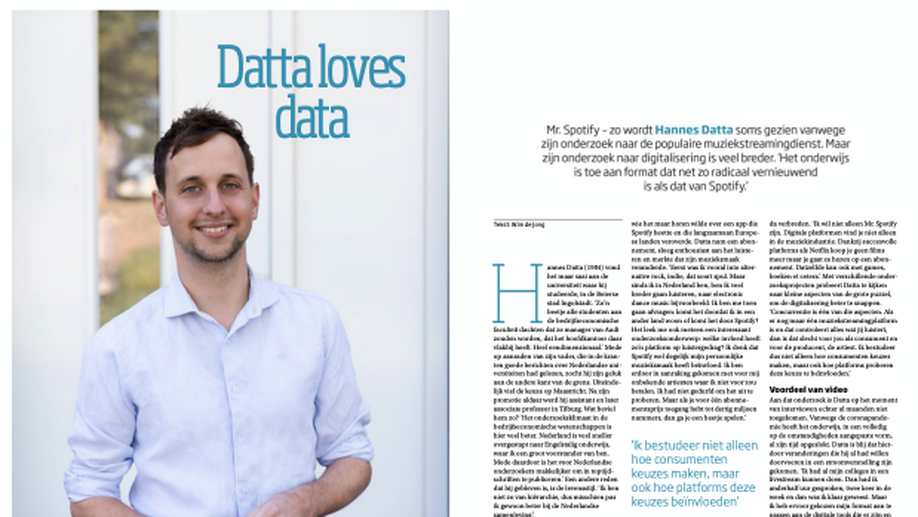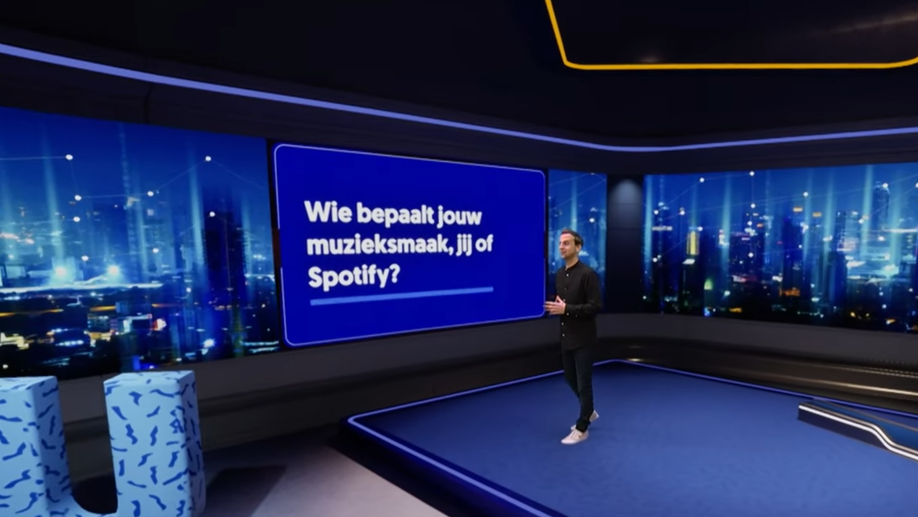
Teaching Marketing Analytics (Special Session at EMAC 2022)
At the European Marketing Association’s Annual Conference (EMAC) in Budapest (2022), I contributed to a session on teaching Marketing Analytics.
Here you can my material for further reference.
Slides from the talk (pdf, Powerpoint) Course “Online Data Collection and Management” (course website, source code) Course “Data Preparation and Workflow Management” (course website, source code) Tilburg Science Hub (website, source code) Thesis coaching guide for Marketing Analytics students (website, source code) web-scraping.

Workshop on webscraping and APIs
While visiting WU Vienna for a talk, I have given a workshop on collecting web data using web scraping and APIs. Download the slide deck here.
Workshop Invitation Learning Goals How to select web data sources and extraction methods for academic research? How do a researcher’s design decisions affect research validity, technical feasibility, and ethical/legal risks of collecting web data? Receive feedback on own the design of one’s web data collection Preparation Required reading: Fields of Gold: Web Scraping and APIs for Impactful Marketing Insights

Interview with "New Scientist" on research and education
I kind of have a hard time with journalists cracking jokes about my last name - “Datta loves data”. But well, the interview in this special issue of the “New Scientist” did turn out very nice.
In the interview, you can
get to know some background information on why I ended up doing research on online streaming, learn why I think that a combination of pre-recorded web casts and live streams will help you to teach better, reflect on how principles of reproducible science can help you to conduct better research, and get convinced that researchers need to be legally allowed to conduct web scraping.

New courses on web scraping and engineering complex marketing data sets (starting Feb. 2021)
I’m excited to develop and teach two new courses in the Marketing Analytics program at Tilburg University, starting February, 2021.
For Online Data Collection and Management (oDCM), I have compiled my 10+ year experience of using web scraping and APIs into a hands-on skills course that helps students to not only collect online data (that is offered by many schools, actually), but also how to manage online data collections. Think about design principles of web scraping (“live vs.

Start your peer review with this template
I’ve recently attended a webinar by the editors of the Journal of Marketing on writing efficient peer reviews.
On the basis of that seminar, I’ve created a Word template, encompassing these five sections:
Synopsis of the paper Evaluation of contribution Major conceptual and methodological weaknesses and recommendations Evaluation of readability Minor comments and suggestions While I did implicitly gave feedback along these dimensions on papers I have reviewed in the past, the proposed structure did add more clarity to my reviews.

My vision for The Young Academy to advance the scientific climate in The Netherlands
In June 2020, I have been nominated by Tilburg University’s Rector Magnificus to become a member of “The Young Academy” of the Royal Netherlands Academy of Arts and Sciences.
In October 2020, I was among those 20 scholars invited to discuss in person their vision on how to advance the scientific climate in The Netherlands.
In November 2020, I learnt that I was not among the 10 scholars selected for membership in the academy.
